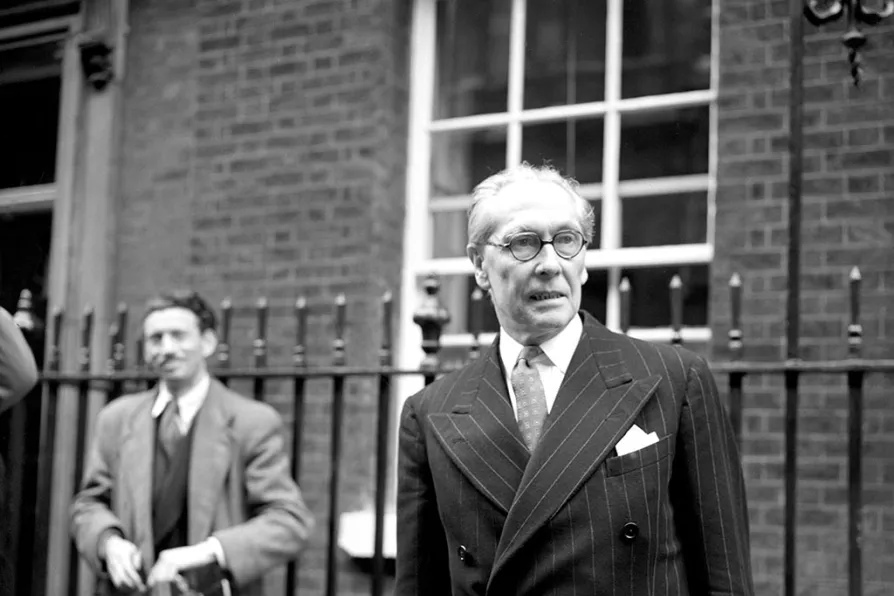SOLOMON HUGHES says Starmer has done everything the Westminster set think Labour leaders should do – but it hasn’t endeared him to the public

 Labour MP Philip Noel-Baker had a Nobel Prize and an Olympic medal – but declined to be made a Companion of Honour
Labour MP Philip Noel-Baker had a Nobel Prize and an Olympic medal – but declined to be made a Companion of Honour
JB PRIESTLEY, socialist writer and broadcaster, turned down a life peerage in 1965 and a Companion of Honour in 1969. Almost as if to underline his point, in 1979 he accepted the title of Pipe Smoker of the Year.
Some acts of rebellion are very small, but that doesn’t mean they don’t count. When they read out the New Year Honours List on the news you might enjoy playing this seasonal game: try and guess who said “No, thanks.”
Labour MP and peace campaigner Philip Noel-Baker must have had a pretty big mantelpiece on which to keep his Nobel prize, his Olympic medal and the decorations for bravery he won from France, Britain and Italy as an ambulance driver in the first world war. Maybe he turned down a Companion of Honour in 1965 because it seemed a trivial trinket alongside his other trophies, though some suggest that he was motivated by opposition to the war against Vietnam.

A WWI hero, renowned ornithologist, medical doctor, trade union organiser and founder member of the Communist Party of Great Britain all rolled in one. MAT COWARD tells the story of a life so improbable it was once dismissed as fiction

MAT COWARD tells the story of the eccentric founder of a short-lived but striking experiment in ‘vital democracy,’ who became best known for giving away his estate to the nation

The heroism of the jury who defied prison and starvation conditions secured the absolute right of juries to deliver verdicts based on conscience — a convention which is now under attack, writes MAT COWARD

MAT COWARD tells the extraordinary story of the second world war Spitfire pilot who became Britain’s most famous Stalag escaper, was awarded an MBE, mentored a generation of radio writers and co-founded a hardline Marxist-Leninist party










